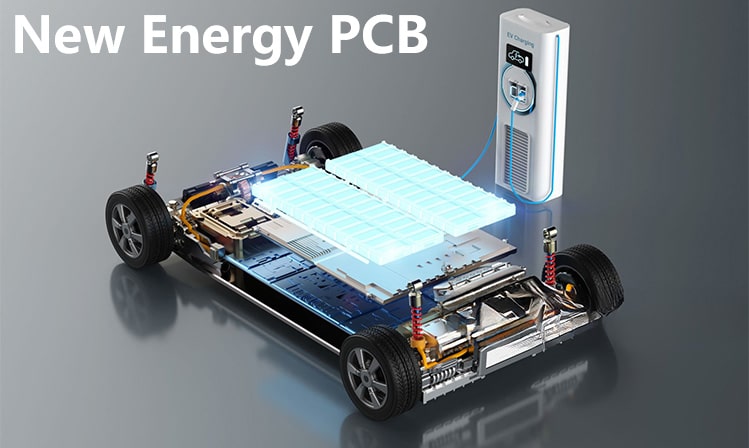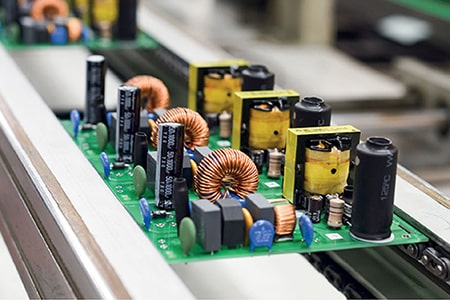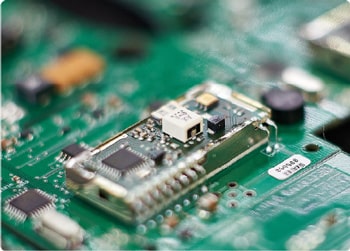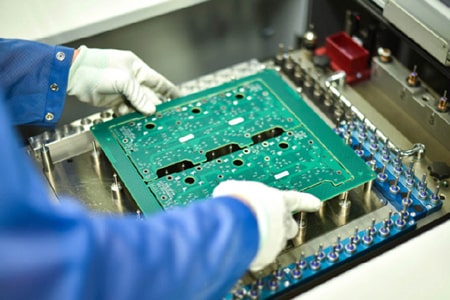How do PCB circuit boards help new energy vehicle innovation?
In the context of today's global energy transformation, new energy vehicles, as an important development direction of future transportation, are booming at an unprecedented speed. With the continuous advancement of technology and the growing market demand, the performance requirements of new energy vehicles for core components are also increasing. Among them, PCB (printed circuit board) multilayer board technology has shown great application potential and new exploration of cross-border integration in the field of new energy vehicles due to its excellent electrical performance and stability.

As an important support for electronic components, PCB multilayer boards have matured in technology and are widely used in communications, consumer electronics, computers and other fields. However, in the emerging field of new energy vehicles, the application of PCB multilayer boards has opened up new horizons. The trend of electrification, intelligence and networking of new energy vehicles has put forward higher requirements for PCB multilayer boards, and also brought unprecedented market opportunities for them.
In new energy vehicles, PCB multilayer boards are widely used in key areas such as power control systems, safety control systems, body electronic systems and entertainment communication systems. For example, in the power control system, PCB multilayer boards are an important part of core components such as motor control units (MCUs), battery management systems (BMSs) and vehicle controllers (VCUs), carrying complex electrical connections and control functions. These systems have extremely high requirements for the stability and durability of PCB multilayer boards, and multilayer board technology, with its excellent electrical performance and anti-interference capabilities, perfectly meets these requirements.
In addition, with the continuous improvement of new energy vehicles' requirements for lightweight and integration, FPC (flexible printed circuit board), a special type of PCB multilayer board, has also been favored. FPC has the characteristics of being bendable, ultra-thin, and ultra-soft, which can save space, reduce weight, and adapt to various complex shapes and installation environments. In new energy vehicles, FPC is widely used in power batteries, headlights, display modules and other fields, further improving the performance and competitiveness of the whole vehicle.
The new exploration of cross-border integration is not only reflected in the technical level, but also in the transformation of market demand and industrial ecology. With the continuous expansion of the new energy vehicle market and the continuous maturity of technology, more and more PCB multilayer board companies have begun to turn their attention to this field and actively invest in research and development and innovation. At the same time, new energy vehicle manufacturers are also actively seeking cooperation with PCB multilayer board companies to jointly promote the coordinated development of the upstream and downstream of the industrial chain.







